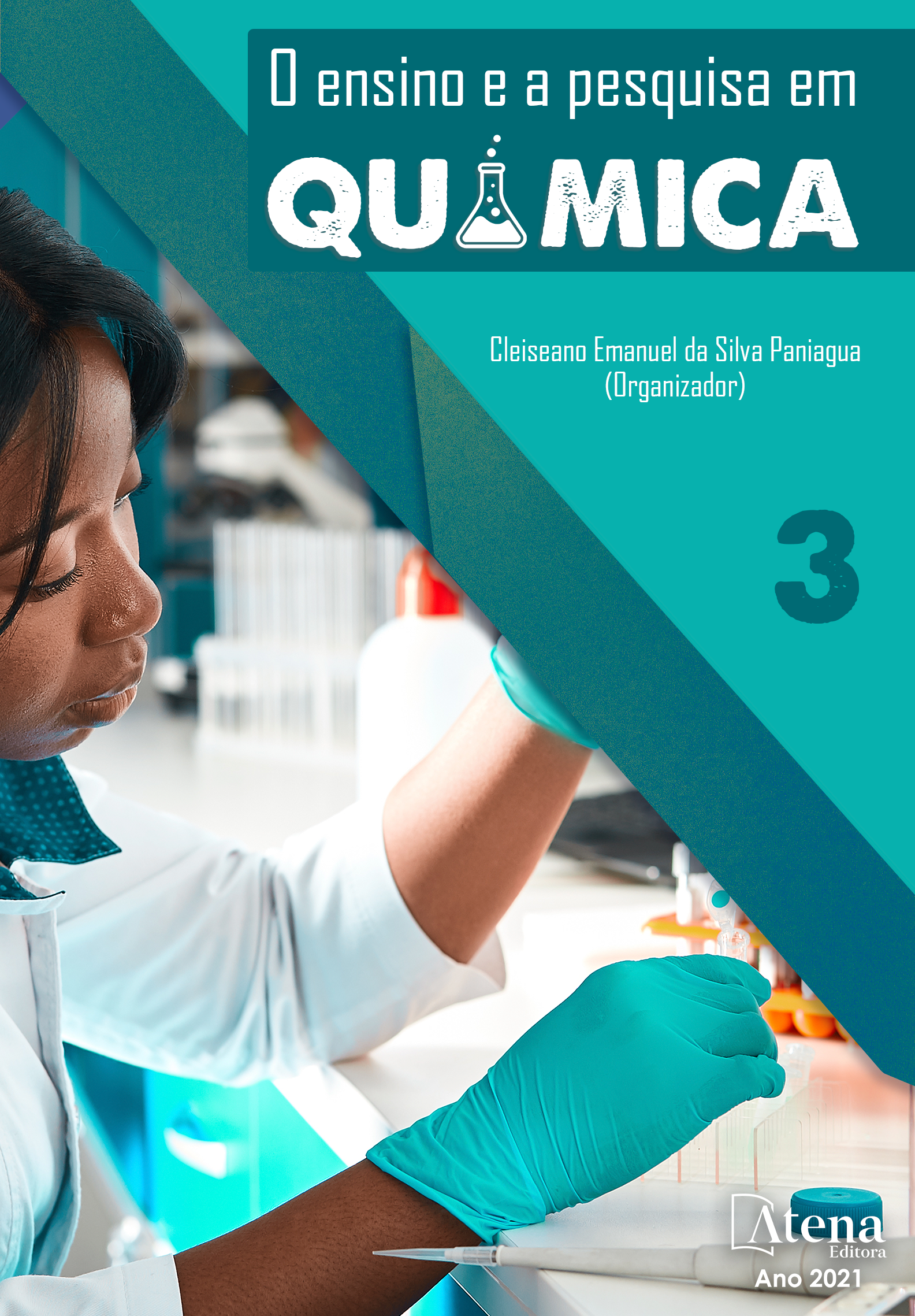
A IMPORTÂNCIA DA ALFABETIZAÇÃO/LETRAMENTO CIENTÍFICO EM QUÍMICA PARA ESTUDANTES DA EDUCAÇÃO BÁSICA, CURSOS DE LICENCIATURA E PROFESSORES EM FORMAÇÃO CONTINUADA
Entre os anos de 2003 a 2016 foi realizado o maior investimento em todos os níveis de ensino, em especial no ensino médio, técnico, superior (graduação e pós-graduação) com a criação e expansão da rede federal de ensino. Como resultado, aumentou-se o número de cursos de licenciaturas em todas as áreas do conhecimento, em especial a química. Diante disso, muitas escolas passaram a contar com professores habilitados e que poderia possibilitar um processo de aprendizagem mais efetivo e significativo para os alunos, implicando na formação de um sujeito ativo e capaz de exercer sua cidadania com senso crítico e capaz de refletir as condições e as mudanças necessárias no contexto em que se encontram inseridas. Entretanto, os estudos apresentados neste trabalho demonstram que o déficit de alfabetização e letramento científico não se limita somente nos estudantes do ensino médio, mas também nos futuros profissionais em formação e nos professores que já se encontram no efetivo exercício da docência. Além disso, a falta de sincronia entre as instituições de ensino e a sociedade, faz com que muitos egressos dos cursos de licenciatura cheguem com a sensação de despreparo frente à necessidade e exigência da sociedade. Soma-se a isso a falta de infra-estrutura física e tecnológica em grande parte dos estabelecimentos escolares e a falta de incentivo a formação continuada do professor. Logo, torna-se necessário a revisão do modelo de ensino e o maior aporte de recursos financeiros para
estruturar a escola do século XIX a fim de atender a sociedade do século XXI.
A IMPORTÂNCIA DA ALFABETIZAÇÃO/LETRAMENTO CIENTÍFICO EM QUÍMICA PARA ESTUDANTES DA EDUCAÇÃO BÁSICA, CURSOS DE LICENCIATURA E PROFESSORES EM FORMAÇÃO CONTINUADA
-
DOI: 10.22533/at.ed.6182106127
-
Palavras-chave: docência, formação de professor, licenciatura em química e modelo de ensino
-
Keywords: teaching, teacher education, degree in chemistry and teaching model
-
Abstract:
Between 2003 and 2016, the largest investment was made at all levels of education, especially in secondary, technical, higher education (undergraduate and graduate) with the creation and expansion of the federal education system. As a result, the number of undergraduate courses in all areas of knowledge, especially chemistry, has increased. Given this, many schools now have qualified teachers who could enable a more effective and meaningful learning process for students, resulting in the formation of an active subject capable of exercising their citizenship with a critical sense and capable of reflecting the conditions and the necessary changes in the context in which it finds itself. However, the studies presented in this work demonstrate that the deficit of literacy and scientific literacy is not limited only to high school students, but also to future professionals in training and teachers who are already in the effective exercise of teaching. In addition, the lack of synchrony between educational institutions and society means that many graduates from undergraduate courses arrive with a feeling of unpreparedness in the face of society's needs and demands. Added to this is the lack of physical and technological infrastructure in most schools and the lack of encouragement for the continuing education of teachers. Therefore, it is necessary to review the teaching model and make greater contributions of financial resources to structure the 19th century school in order to serve the 21st century society.
-
Número de páginas: 15
- Anelise dos Santos Mendonça Soares
- Valdinei de Oliveira Santos
- Cleiseano Emanuel da Silva Paniagua


